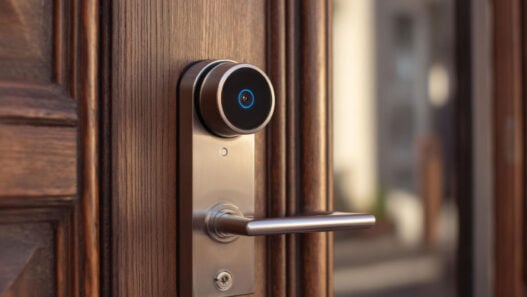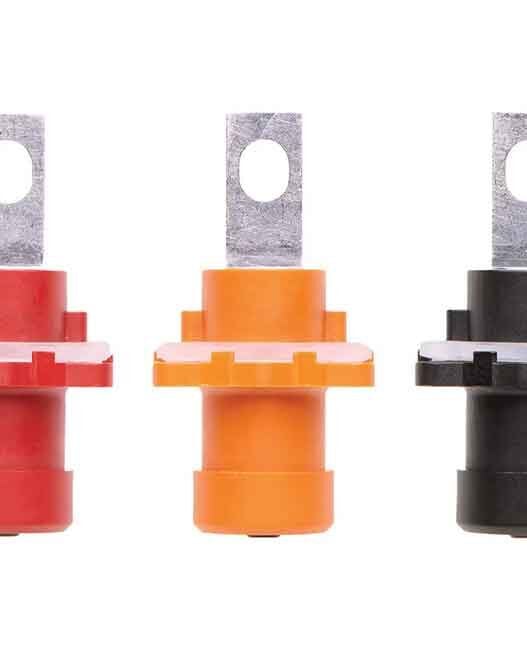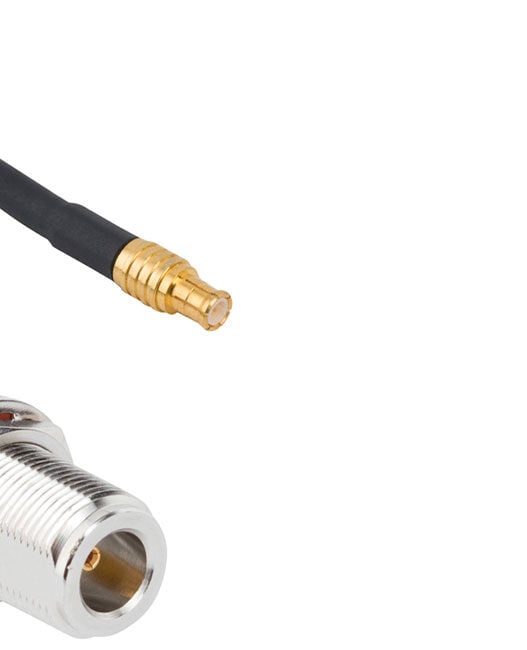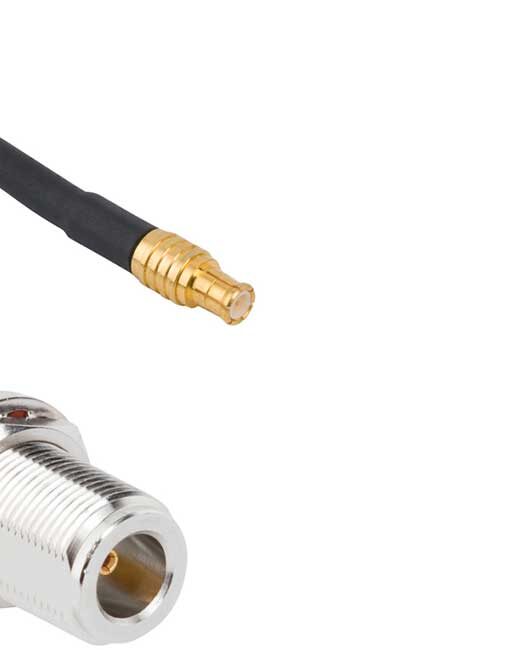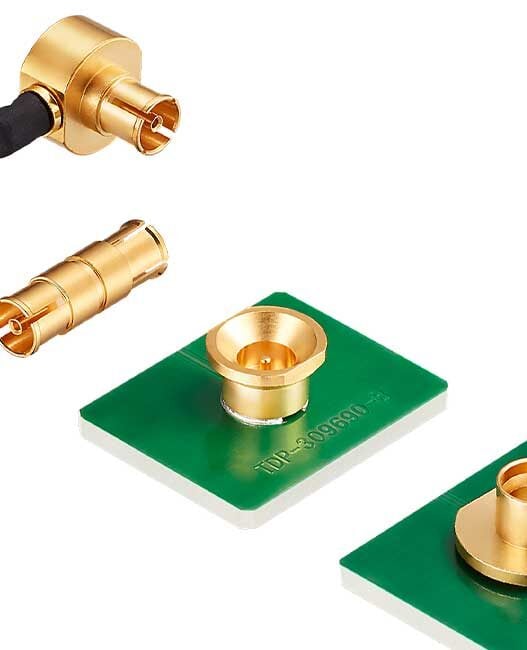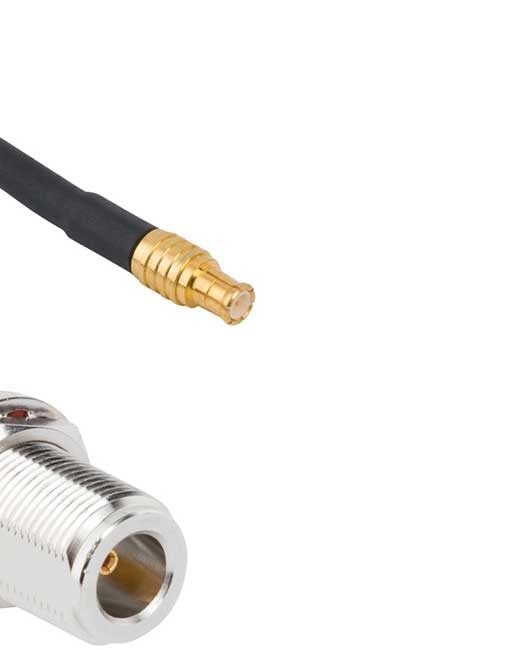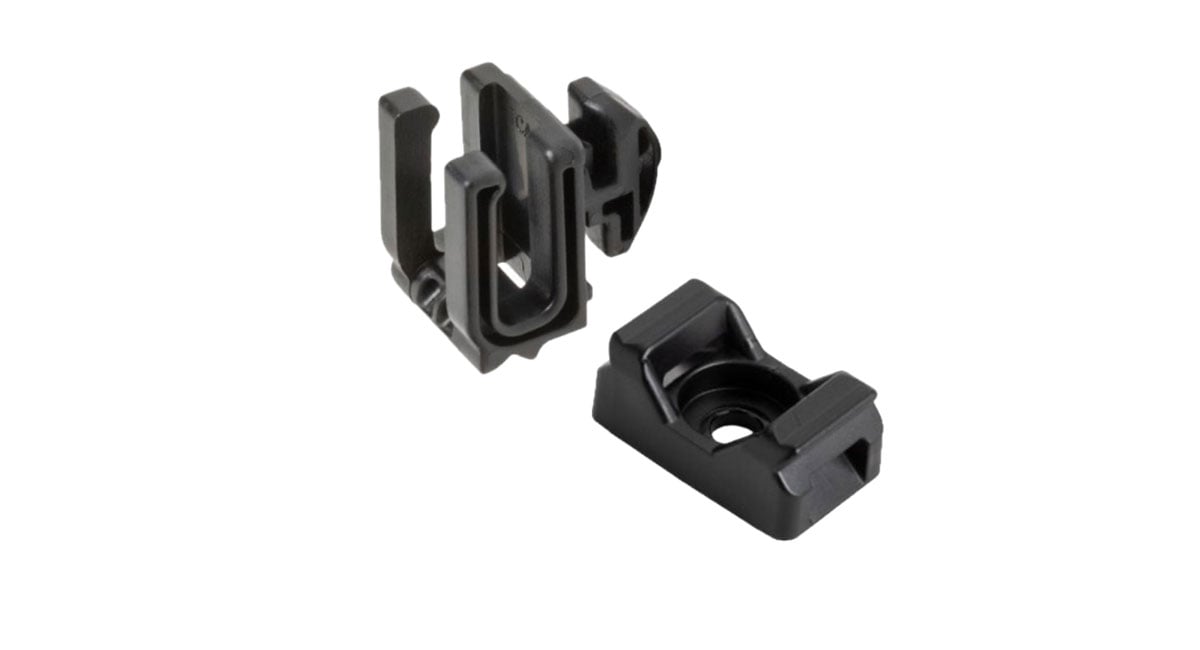From the speeches from Greta Thunberg at the UN to the horrific Australian bushfires, climate change has been firmly planted in the spotlight. Recent findings from the landmark report from the UN Intergovernmental Panel on Climate Change (IPCC) in October 2018 stressed that there is only about a decade left to turn the tide on climate change.
Plastic production is part of the problem. In fact, a 2019 report by the Center for International Environmental Law concluded that the impact of plastic production on the world’s climate in that year alone would equate to the output of 189 coal-fired power stations. By 2050, when plastic production is expected to have tripled, it will be responsible for up to 13% of our planet’s total carbon budget – on par with what 615 power stations emit.
As such, plastic waste has come into the spotlight – and due to the harrowing images circulating of marine life entangled in used shopping bags and six pack rings, plastic has been at the height of the scrutiny, with many businesses calling for people to ditch single-use plastic in particular; and look to sustainable, recyclable alternatives.
In terms of plastic waste generally, the construction industry has a massive role to play, as it is currently consuming 23% of all plastic produced in the UK. If we look at PVC-U products specifically, over one million tonnes of PVC-U is taken out of buildings each year across Europe, yet currently only 30% of this is recycled. There is therefore a huge opportunity for us to be more responsible and to consider more carefully the benefits of a circular economy and taking time to properly consider the origins of the plastics in the products we specify.
Of course, the person with the most influence behind sourcing such products is the specifier – meaning the responsibility falls on their shoulders to not simply seek out a product based on its form and function but to really look into the manufacturing practices of the supplier.
Compared to the timber sector, where a stipulation that timber must be from managed forests is included in the majority of specifications as standard, there seems to be no such consideration for the sustainability credentials for plastic; despite manufacturers from across the sector making real in-roads in areas such as recycled content.
Picking apart the process
The importance of the manufacturing process cannot be understated, for a number of reasons.
The first is the importance of the ‘cradle to grave’ impact. In a study undertaken by the University of Manchester, for example, a PVC-U window made from virgin material uses 20 times more embodied carbon than when manufactured with recycled content.
This means there is already a fantastic benefit to the environment to use recycled material, due to the reduction in carbon.
Of course, the obvious added bonus is that the material recycled from its previous useful life will not end up in the landfill if it is then re-used as material to create new, robust products.
If we look at the cable management sector in particular, leading and environmentally conscious manufacturers have already introduced an increasing amount of recycled content into their production processes. One such manufacturer is Marshall-Tufflex, who has been using recycled material in its manufacturing process for over 20 years.
Whilst initially only using post-industrial waste (waste and off-cuts from PVC-U window production), in more recent times the business saw the opportunity in post-consumer waste (from PVC-U windows removed from buildings at the end of their lives) that was still going towards landfill.
This triggered an investment in the compounder machine, a powerful piece of equipment that can process both post-industrial and post-consumer waste, which not only saves further landfill fodder, but also enables Marshall-Tufflex to manufacture PVC-U conduit and trunking systems with an average of 80% recycled content – with some white extrusions using 100% recycled material.
This use of recycled material within the manufacturing process prevents the equivalent in weight of 300 double decker buses of PVC-U going to landfill each year.
If other cable management manufacturers took the same stance, to care more about the recycled content they used, it would make a tremendous impact on the environmental performance of the sector.
However, realistically this cannot come to fruition unless the demand is there. Electrical specifiers therefore have an enormous responsibility; and can play a significant role in increasing demand by choosing robust, high quality products with at least 50% recycled material.
High quality, durable, and green
There is an unfortunate misconception that recycled content means a decline in quality and durability – however, this is simply untrue.
Certain grades of PVC-U, such as post-industrial and post-consumer waste from PVC-U window frames, means that the products will benefit from an increased robustness, as the material has been designed to withstand external elements – meaning it will easily withstand the typical wear-and-tear of internal use.
It should also be noted that a product with this added durability will also be at less risk of damage onsite. Subpar products are at increased risk of snapping, breaking or cracking during the installation process. However, a product manufactured to the quality standards expected of this grade of PVC-U will be installed easily with no breakage. This will save installers time on-site, as well as saving the cost of having to replace broken supplies, and also reduces waste from the project.
There is also an assumption that more sustainable products come with an increased price-tag – however, specifiers will be pleased to know that these products do not come at a premium price.
To aid this high quality, robust end product, rigorous quality control processes are in place along the manufacturing process, to check the product is being developed to the standard expected – including ensuring a glossy white finish and therefore a guarantee of colour consistency throughout the project.
If a product does not meet the standards required, it can easily be recycled back into chips and undergo further refinement and processing, at which point it can re-enter the production process, meaning there is no waste from a below-standard product needing to be thrown away.
REACH for high standards
Electrical specifiers should also be aware of, and specify products from, manufacturers who meet Registration, Evaluation, Authorisation and restriction of Chemicals (REACH) standards, which concerns the production and its use of chemicals and their impact on both the environment and human health.
In addition, the ISO 14001 Environmental Management Accreditation demonstrates that manufacturers have taken steps to reduce their impact on the environment throughout their business.
Calculating the benefits
It is crucial to increase supply and demand by supporting manufacturers who are totally transparent about the recycled content in its products, and its recycling initiative. Marshall-Tufflex, who boasts an award winning Reassuringly Recycled campaign, recognised the need for transparent specification. As such, the business has introduced free online tools such as the Recycled PVC-U Calculator, to accurately illustrate how much recycled content is used in the products specified, and how much PVC-U in kilograms will be saved from going to landfill.
It is clear that everyone has a responsibility to prevent further damage to the environment, with the construction industry in particular primed to make a significant impact. By making informed specifications and supporting manufacturers who are vocal about their environmental commitments, the difference would be huge.







